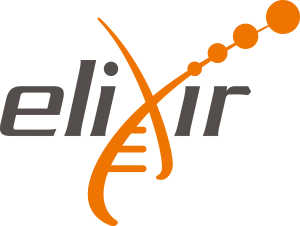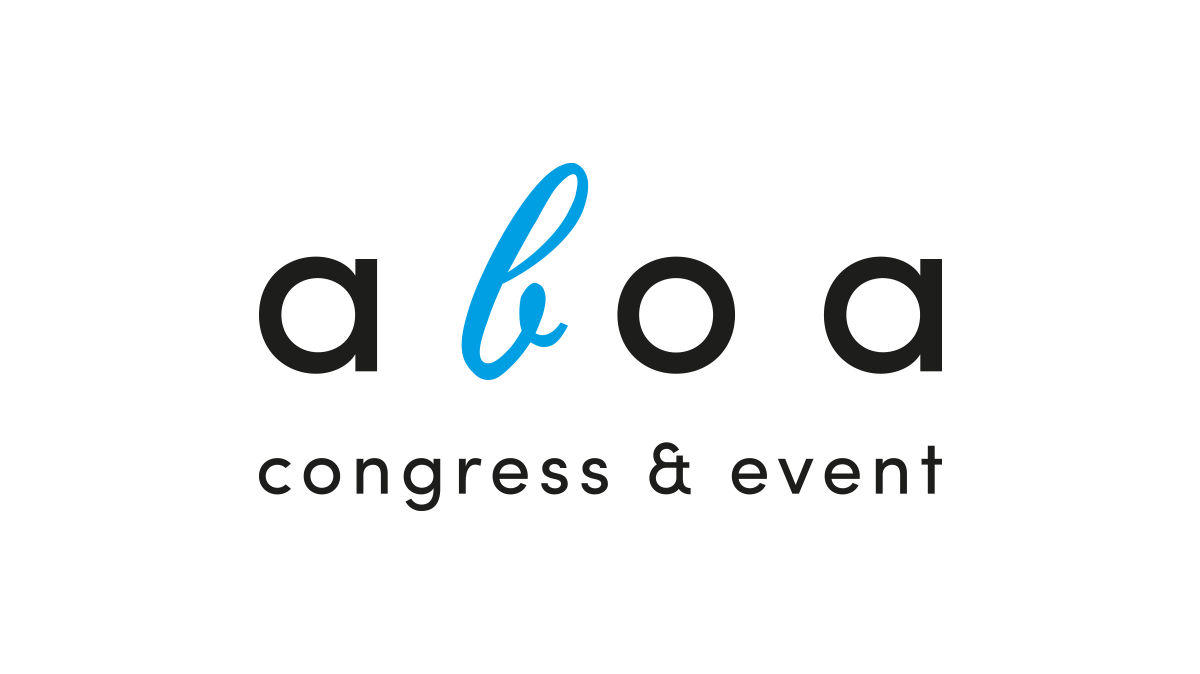In the rapidly advancing field of artificial intelligence (AI), the prevalence of sex and gender biases poses significant ethical and operational challenges. This workshop is designed to delve into the multifaceted issue of sex and gender bias in AI, examining its origins, implications, and mitigation strategies. It targets both AI experts and novices from related fields such as machine learning and data science, offering an interdisciplinary platform for discussion.
The event will start with an overview of AI technologies, highlighting case studies that demonstrate sex and gender biases in decision-making processes. Participants will explore how biases in data and algorithms can mirror or intensify societal inequalities. A key feature of the workshop will be a demo session that introduces methods for detecting and mitigating bias at various stages—training data, model, and outcomes. This includes feature attribution methods, fairness metrics, and bias detection algorithms. The session aims to equip participants with skills essential for developing fair AI systems and will encourage interactive discussions to facilitate collaboration and idea exchange.
The workshop will conclude with a ”question box” session where participants can anonymously submit questions throughout the event. Selected questions will be discussed collectively, enabling participants to apply their newly acquired knowledge in practical scenarios. By the end of the workshop, attendees will have gained both theoretical knowledge and practical experience necessary for promoting and developing equitable AI systems.







